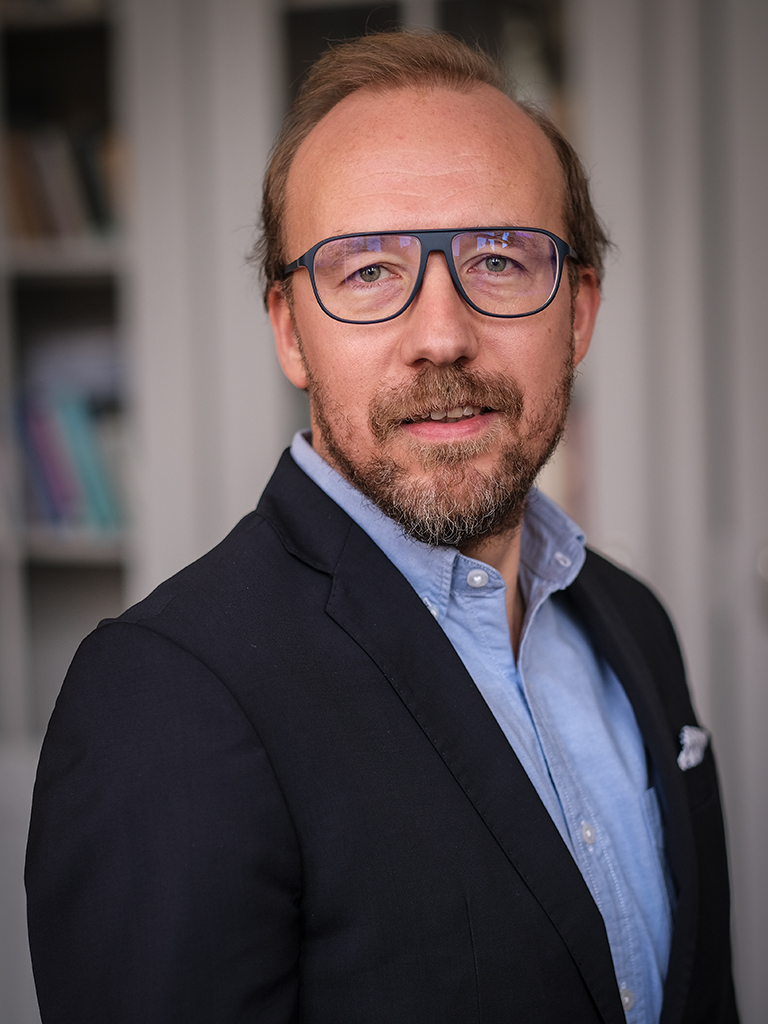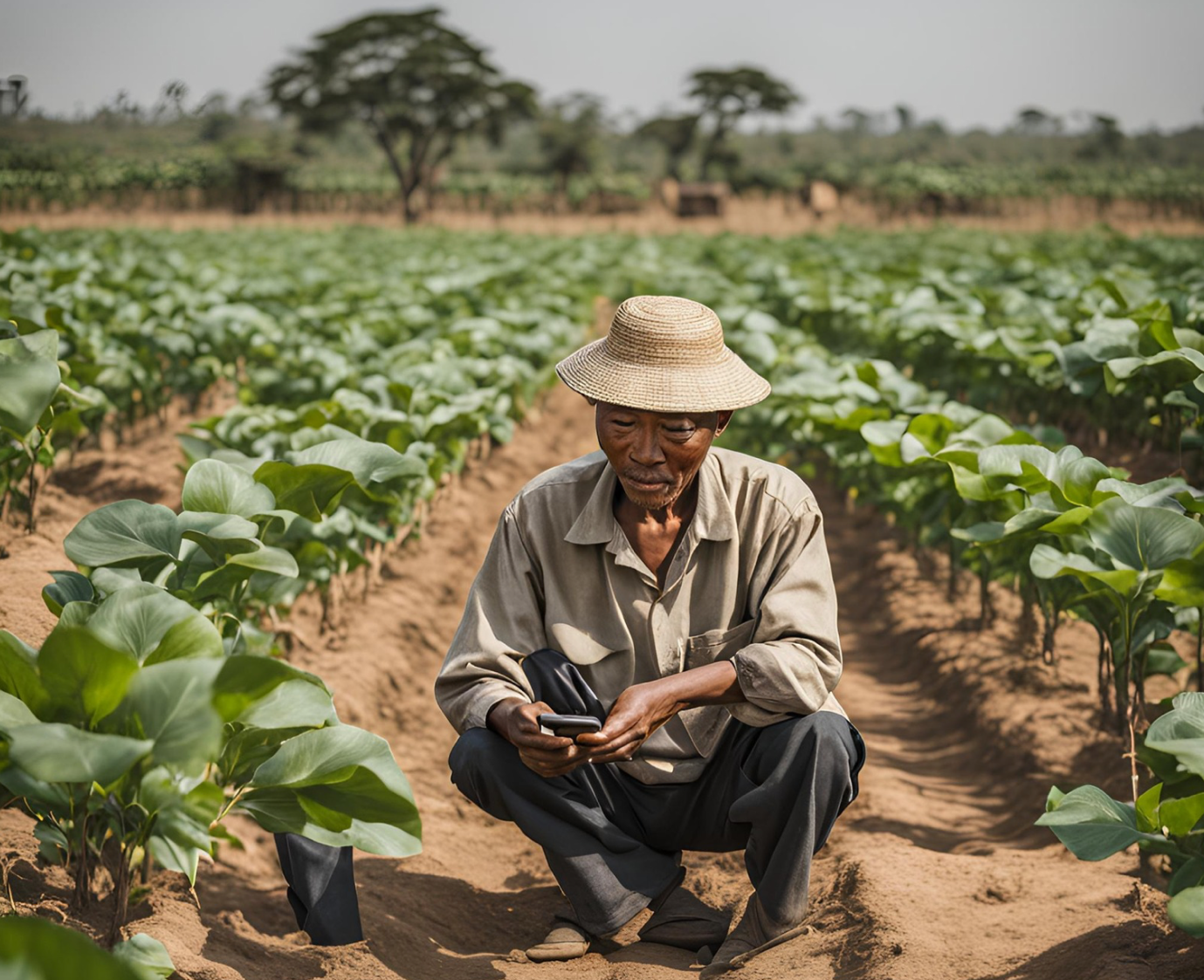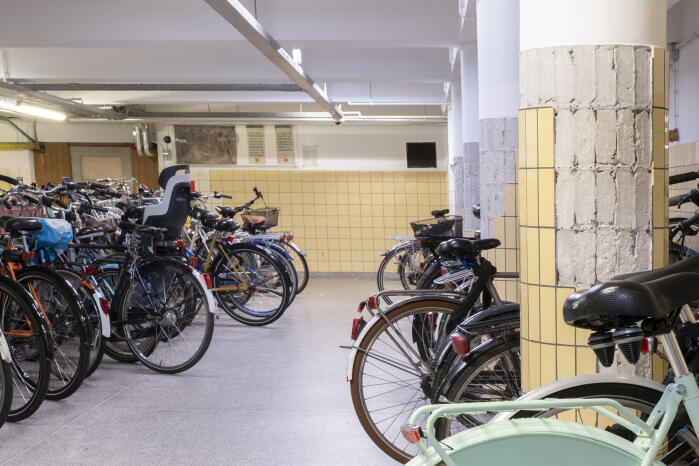Migrants in times of corona
Here at UM, the Maastricht Centre for Citizenship, Migration and Development (MACIMIDE) offers expertise and research on many different aspects of migration and provides extensive information on the migrant situation all over the world from societal, humanitarian, medical and economic perspectives. Two members of the MACIMIDE Executive Board, Prof. Melissa Siegel and Prof. Maarten Vink, explain how the corona crisis affects migrants in the Netherlands and abroad. Siegel: “It is very clear that migrants, especially undocumented migrants and refugees and asylum seekers, are in more vulnerable situations at this time.” Vink: “The Netherlands can learn a lot from a migrant-friendly country like Portugal.”
We all feel the impact of the coronavirus on our lives, but how does it affect the lives of migrants, some of whom already find themselves in insecure situations?
Melissa Siegel: “We are actually seeing a few different things happening. One is that a kind of new narrative is developing around migrants as essential workers. This means that there is a lot of really positive media around the migrant healthcare and service workers as heroes. However, this mostly goes for migrants that have citizenship. You also see another new narrative emerging, especially when we look at the Trump administration that always been very anti-immigrant, particularly when it concerns certain countries. Trump is tweeting out that he is going to completely halt immigration to the US because of the coronavirus. He sees an opportunity to implement an agenda that he could not implement without the corona situation. And this goes for many governments that already feel negatively towards migrants. Just look at what Orbán is doing in Hungary—he is feeding lots of misinformation and saying that migrants have the coronavirus. Another problem is that, due to the corona crisis, both UNHCR (the UN refugee agency) and the International Organization for Migration have stopped resettlement programmes for now. A lot of that has to do with issues about documentation and logistics, as both government administrations and the international organisations themselves are working at a lower capacity.”

Melissa Siegel is a Professor of Migration Studies and Head of Migration Studies at the Maastricht Graduate School of Governance and UNU-MERIT where she manages several migration research projects. She is Co-Director of the Maastricht Center for Citizenship, Migration and Development (MACIMIDE).
Want to learn more about migration issues, also in these times of the corona virus, visit Melissa Siegel’s YouTube channel.
This article is part of 'We're Open', a series of stories about the UM community’s many activities during the coronavirus pandemic.
You read it everywhere—that the coronavirus will be the great equaliser. In many aspects, it is turning out not to be the case. Is there a chance that it might have a positive impact on the situation of migrants?
Maarten Vink: “In the beginning, it was indeed said that the corona crisis would be a new equaliser. Rich or poor, we will all get it. It was even said that the rich would be affected more because they jetset around the world. But it soon became clear that the crisis would increase inequality. Migrants are at the bottom of the food chain and are the most affected. People in refugee camps were already trapped there, but now they have nowhere to go. Countries in the EU are very reluctant to show solidarity, for example, with children in those camps. Germany and other countries have taken care of precarious cases. The Netherlands is lagging behind. Solidarity is very important. I live in Portugal because my wife is Portuguese. I commute between Braga and Maastricht, so I’m very familiar with the Portuguese situation. Here, in mid-March, the government established that both immigrants and immigration services were in a very difficult situation. That is why Portugal is now extending the stay of everyone who is currently in Portugal and already has contact with the immigration service in one way or another to 1 July 2020. As a result, immigrants will have the same healthcare rights as regular citizens and status holders.”
Siegel: “This has to do with political realities. Portugal has taken an approach to immigration with a welcoming culture of migration that is built into their immigration system. The philosophy of Portugal's immigration and integration system is, ‘We were once a major migrant-sending country and we know what it’s like to be immigrants in another country. We want to give people the rights that we would have hoped to have and the treatment that we would have liked to receive’. At the same time, all over the world, especially in Western countries, we’re seeing a backlash against migrants and migration with the so-called refugee crisis. We’re seeing a turn inward and more nationalism in many countries, which makes them less friendly toward immigrants, especially when they’re not documented or regularised. When rich, efficient countries say they have no capacity, that is completely political. We say that in countries like this, ‘where there is a will, there is a way’. And that is not the case. There is just no will for this.”
The Netherlands calls itself a tolerant and open community. Does that also apply to the attitude towards migrants? And how is the Netherlands thought of internationally when it comes to migrant-friendliness?
Vink: “There are international rankings and the Netherlands is not at the top as the most migrant-friendly, but also not at the bottom as the most migrant-unfriendly. Countries like Portugal and Sweden are at the top of the rankings for the most inclusive policies towards migrants. Countries like Denmark and Austria are much more restrictive and are therefore low in the rankings. The Netherlands is roughly in the middle with Germany. In my research on naturalisation, you see the same thing. If you look at the Netherlands, Denmark and Sweden, Sweden is by far the most liberal. There, you can be naturalised as Swedish after five years, you don't have to do civic integration, and the costs are fairly limited. You can also see that 80% of the immigrants have become Swedish citizens after twenty years. Even EU citizens naturalise quite often there. In Denmark, you can only become Danish after nine years, you have to learn Danish at level B1 (ERK), and you have to do civic integration. There, you see that very few people become Danish citizens, so even after twenty years, only 35% of foreigners have become citizens. The Netherlands is exactly in between. Staying in the Netherlands for five years is a reasonable period of time for naturalisation, but you have to integrate and learn the language at level A2. And the Dutch nationality does have costs associated with it.”
The procedures of the Dutch immigration service (IND) have been cumbersome for years and take a very long time. There has been an enormous backlog since 2015 when the large influx of Syrian refugees reached our country. How is the coronavirus affecting IND procedures?
Vink: “There is always enormous pressure on the COA [the Central Agency for the Reception of Asylum Seekers] and the IND anyway. The corona crisis is exacerbating the situation because the Netherlands has a lot of rules and regulations and is quite strict. This leads to lengthy procedures and makes it more difficult to deport people if, at the end of the procedure, it turns out that they can’t stay in the Netherlands. At the moment, the IND is only open to a limited extent. If you go to the IND website, you will see that they’re not available to everyone at the moment. So, for people who are already undergoing proceedings, it will take even longer. You can also see this with civic integration, or people who have a regular status and want to become a Dutch citizen. They end up in a situation of uncertainty for a long time. Language courses and civic integration courses are cancelled, partly online—it’s all very unclear. But it is also becoming very difficult for people who are now coming in.”
We know that the situation in refugee camps is alarming already, in both developed and developing countries. It is frightful to imagine what will happen if the coronavirus hits those camps, isn’t it?
Siegel: “If the coronavirus hits migrant worker camps or refugee camps, where people are really living very closely together, that would be disastrous. Therefore, many international organisations are now calling for support to have more preventive measures and to be ready for this if it does happen. In many of these situations, refugees are generally already hosted in countries that don’t have great healthcare systems and healthcare capacity in the first place. So, about 85% of refugees today are hosted in developing countries. These are countries that will already struggle with the coronavirus when it hits their own population, let alone with the coronavirus in refugee camps. I don't think we have a full idea right now of the true effect on migrants and asylum seekers. Testing and monitoring are not really possible in many parts of the world, so while we have a strong focus and overview on the number of death cases, in many developing countries they don’t precisely know what is happening. It is very clear that migrants, especially undocumented migrants and refugees and asylum seekers, are in more vulnerable situations at this time.”
We see that many governments have a very different approach to the support of migrants in the current situation. From your expert point of view, what would be your advice to governments in this respect?
Siegel: “Many international organisations and NGOs are calling on governments to really look at the protection of migrants and migrant workers during this period. As we said, a country like Portugal is definitely leading the way on this, with giving rights and access to services for all groups. But most countries are not doing those things. Now more than ever, it is extremely important that there is protection for these groups—not just the usual legal protections, but making sure that even irregular migrants have access to healthcare. This is not only good for them and society but, from a public health perspective, you want to make sure that the people who need medical attention are getting it, especially with a communicable disease—even more so because some groups could be quite high risk but are afraid to get treatment or support because of their status. This is an area that needs a lot of attention at this time.”
Vink: “I think the Netherlands would have done well to follow the Portuguese example. Appointments with the IND are very limited until 19 May and a solution is only being sought for urgent cases. Nobody knows what the situation will be like after that. This leads to a lot of stress among immigrants and perhaps also among IND employees who have to assess difficult cases from home. Civic integration processes are being delayed, while we know from research ‘the quicker, the better’. If every immigrant would temporarily be given the same rights as regular citizens, this would give peace of mind, certainly when it comes to the right to healthcare, even without status.”
Text: Margot Krijnen

Maarten Vink is Professor of Political Sociology at the Department of Political Science of the Faculty of Arts and Social Sciences (FASoS). He is Co-Director of the Maastricht Center for Citizenship, Migration and Development (MACIMIDE) and currently leads the research project “Migrant Life Course and Legal Status Transition (MiLifeStatus)” funded by a Consolidator Grant of the European Research Council (2016-2021).
Also read
-
In his master’s thesis, “Empowering Smallholder Farmers in Data-driven Agriculture through Blockchain Technology,” Daniel Acosta Stasiukynas, MSc Sustainability Science, Policy & Society graduate, explored blockchain technology and its potential to benefit smallholder farmers. In this blog, he...
-
The Grote Gracht is richly lined with historical buildings that conceal remarkable stories. Once again, our “hidden gem” is located on this street in Maastricht, this time at number 76: the (bike) cellar.


